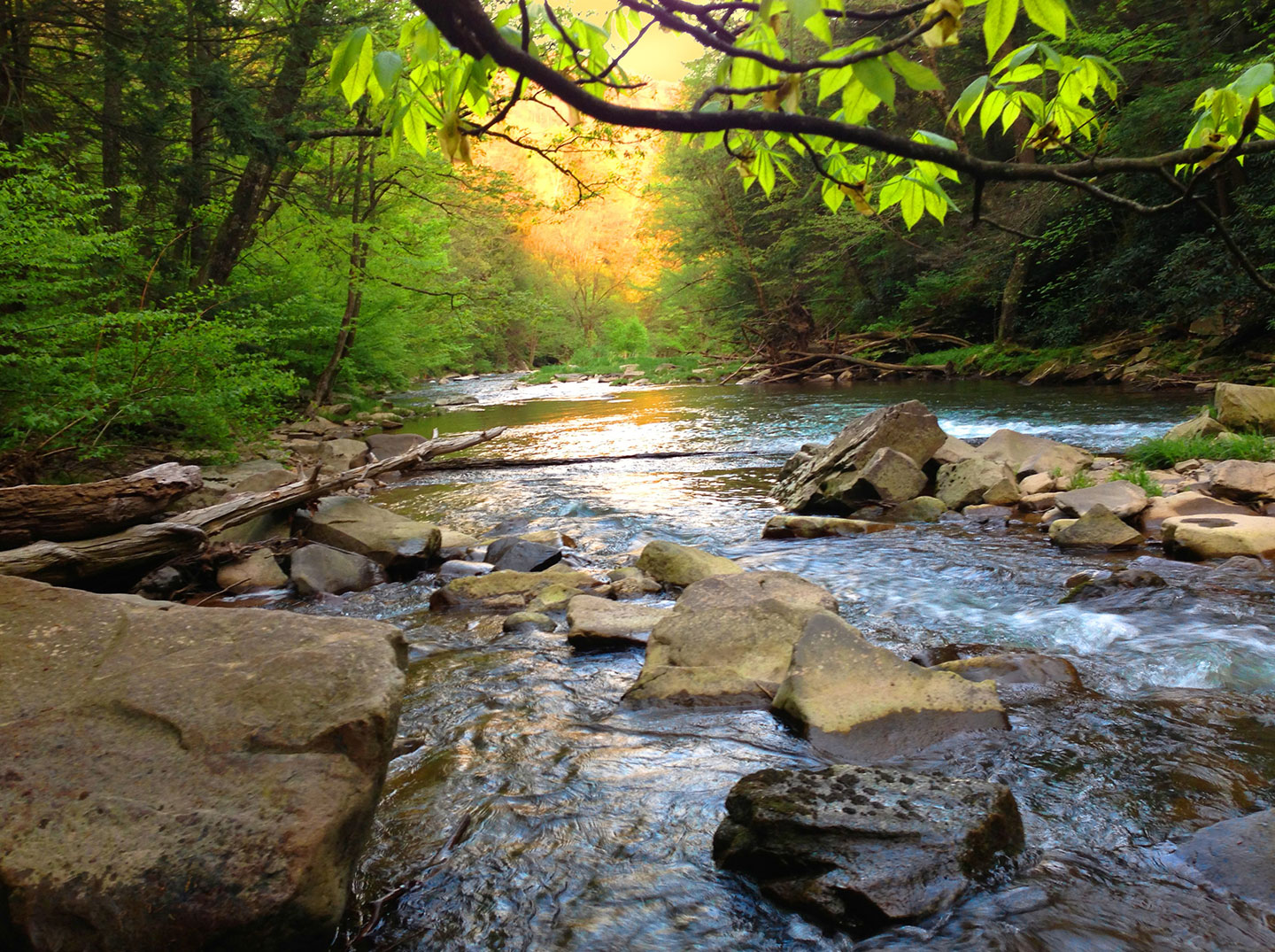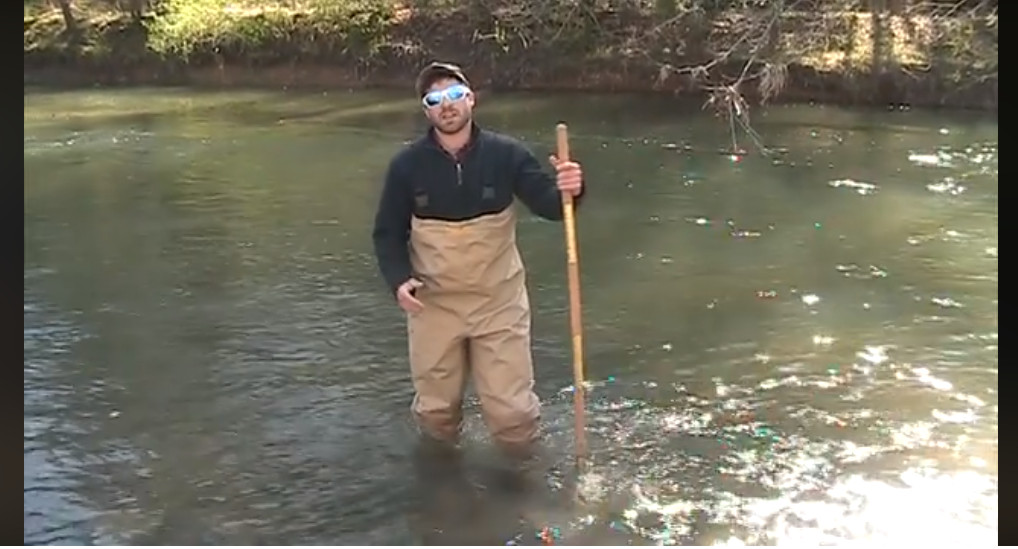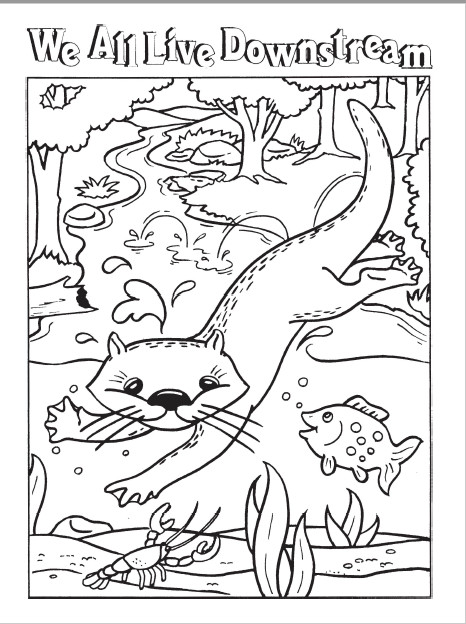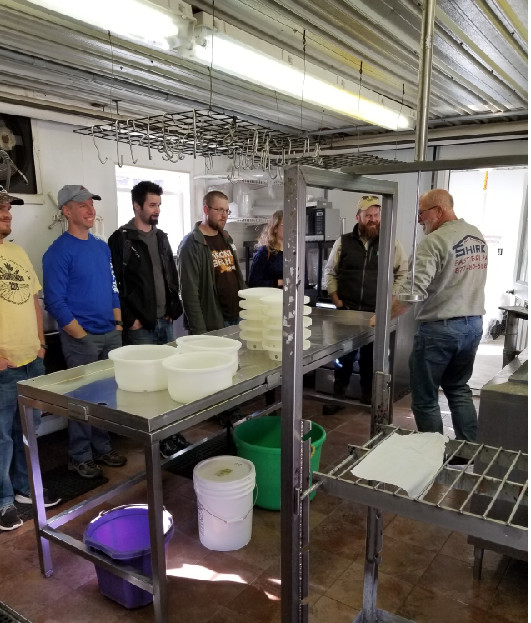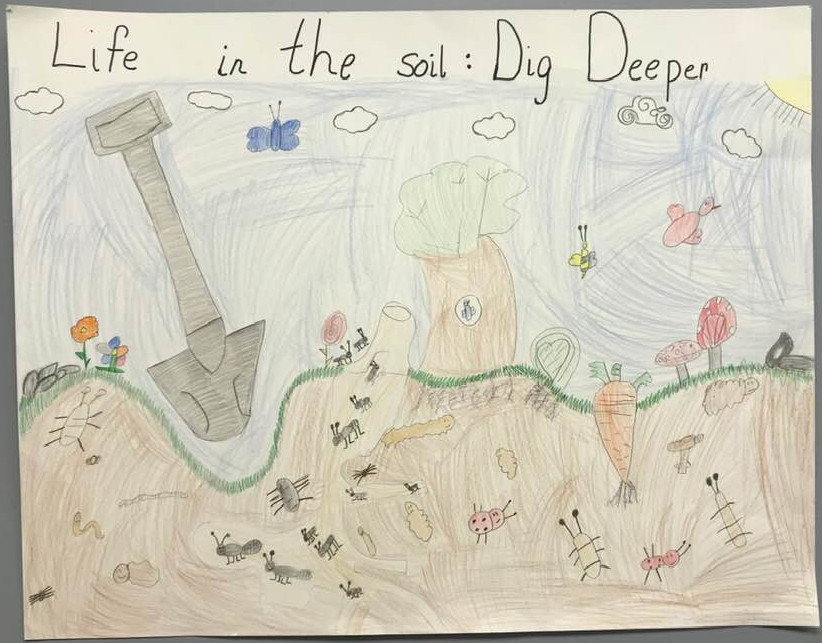Discount
available for conservation district staff
The
Pennsylvania Association of Conservation Districts (PACD) is co-hosting a
Certified Professional in Erosion and Sediment Control (CPESC) Review Course on
September 3, 2019. The exam will be September 4, 2019. Both the review course
and exam will take place at the Lebanon County Conservation District Office, 2120
Cornwall Rd., Lebanon, PA.
The CPESC certification is a professional designation for erosion and sedimentation technicians, engineers, and other specialists involved in design, construction, inspection or other aspects of erosion and sedimentation control. If you have not yet started the CPESC certification process, we recommend you go to the Envirocert International, Inc. website and review the requirements and process now.
The
review course is designed to ensure CPESC applicants understand what concepts
will be covered by the exam and acts as a review for most of those concepts. Note
that there is special pricing for PA conservation district staff for the review
course. The cost is $175 for conservation district employees and $365 for
everyone else. The exam fee is $150. Before registering, contact Amy Brown
at abrown@pacd.org or 717-238-7223 x104 for
a district staff discount code or with any questions.
Click here for the registration link and here with instructions on how to register.
The
review course is open to anyone including conservation districts, agency staff,
or private companies, who is actively pursuing a CPESC certification through
EnviroCert International, Inc. Please pass this information along to anyone who
may be interested.



